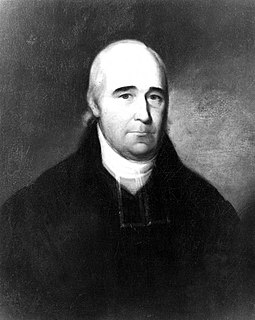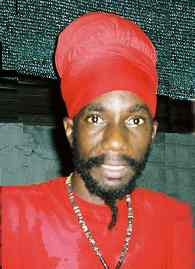A Quote by Richard Furman
The right of holding slaves is clearly established in the Holy Scriptures, both by precept and example.
Quote Topics
Related Quotes
...the right of holding slaves is clearly established in the Holy Scriptures, both by precept and example... Had the holding of slaves been a moral evil, it cannot be supposed that the inspired Apostles ... would have tolerated it for a moment in the Christian Church. In proving this subject justifiable by Scriptural authority [Luke 12:47], its morality is also proved; for the Divine Law never sanctions immoral actions.
In regard to the divine and holy mysteries of the faith, not the least part may be handed on without the Holy Scriptures. Do not be led astray by winning words and clever arguments. Even to me, who tell you these things, do not give ready belief, unless you receive from the Holy Scriptures the proof of the things which I announce. The salvation in which we believe is not proved from clever reasoning, but from the Holy Scriptures.
In all things that you find in the Holy Scriptures, seek out the purpose of the words, that you may enter into the depth of the thoughts of the saints and understand them with greater exactness. Do not approach the reading of the Divine Scriptures without prayer and asking the help of God. Consider prayer to be the key to the true understanding of that which is said in the Holy Scriptures.
Like most things of great worth, knowledge which is of eternal value comes only through personal prayer and pondering. These, joined with fasting and scripture study, will invite impressions and revelations and the whisperings of the Holy Spirit. This provides us with instruction from on high as we learn precept upon precept.
It's clearly the case that there's not some moment in American history when every evangelical is holding hands with every Catholic who is holding hands with every mainline Methodist, or what have you. Obviously, American Christianity was deeply divided in all kinds of ways at mid-century too. But there was a kind of convergence going on. Even though Reinhold Niebuhr, the great mainline Protestant theologian, didn't think highly of Billy Graham, he and Graham still, clearly, had more in common, both theologically and in their attitudes toward religion in public life.































